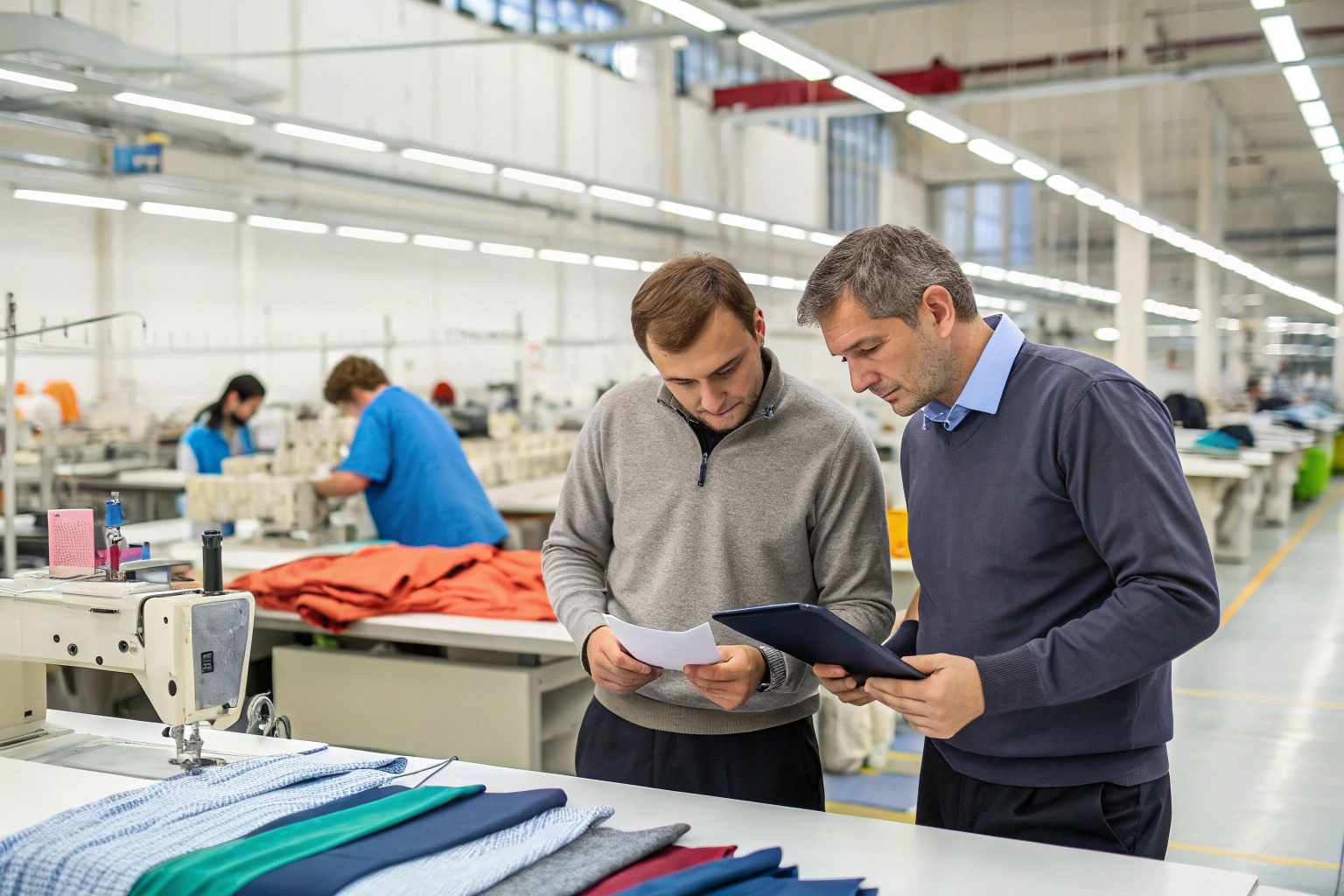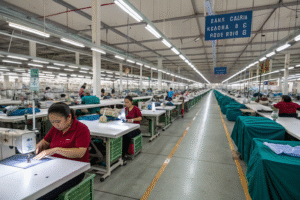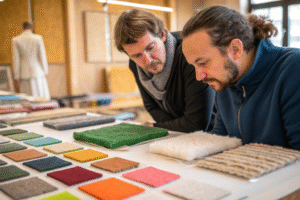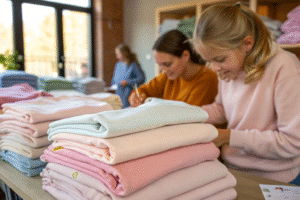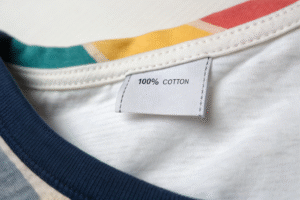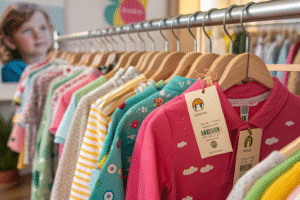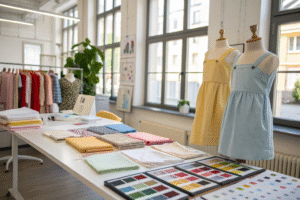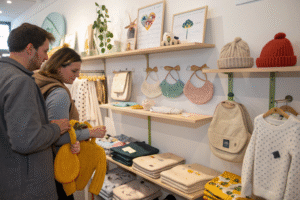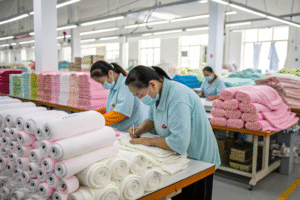When I started researching fashion supply chains, I was shocked to discover how few clothing brands actually make their own clothes. Most rely on third-party factories. But some brands still choose to keep production in-house.
A small number of fashion brands make their own clothes in their own factories, giving them tighter control over quality, lead time, and brand consistency.
Let’s explore which brands do this, why they do it, and whether in-house manufacturing really offers better value and quality.
Do top fashion brands own their factories?
If you imagine every famous brand owning a giant factory somewhere, you’re not alone. But the truth may surprise you.
Most top fashion brands do not own factories—they outsource production to third-party suppliers around the world, often in Asia or Eastern Europe.
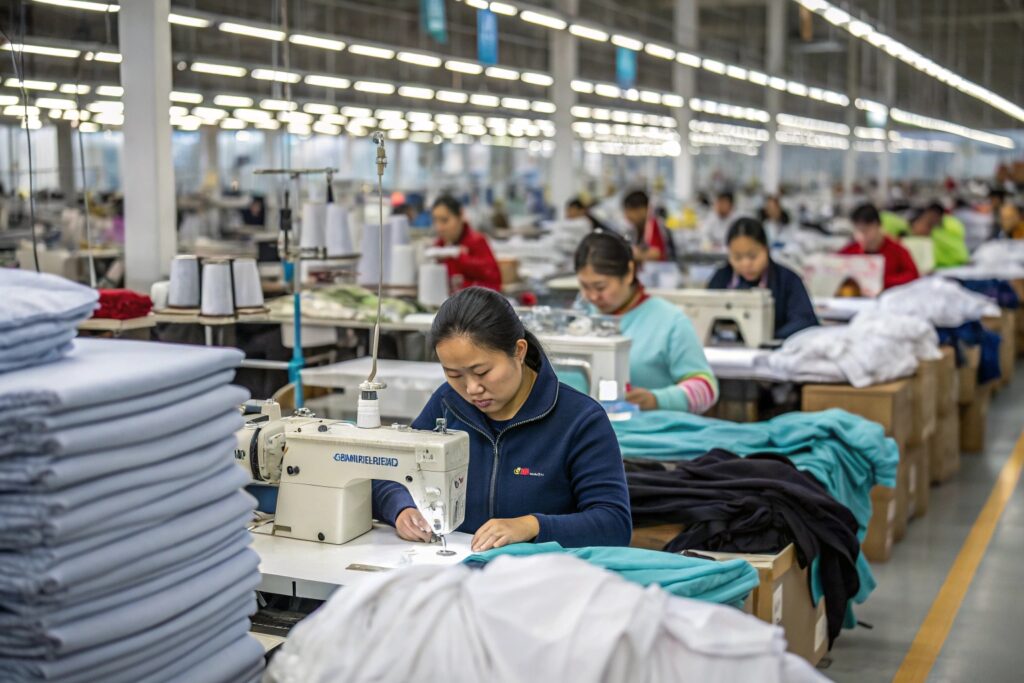
Who owns what?
| Brand Name | Factory Ownership | Notes |
|---|---|---|
| Zara (Inditext) | Partial | Owns some, partners with many |
| Uniqlo | No | Outsources but with close supplier control |
| Louis Vuitton | Yes | Owns luxury ateliers in Europe |
| Nike | No | Outsources completely |
| Patagonia | No | Works with certified partners |
| Everlane | No | Transparent sourcing, not ownership |
| American Giant | Yes | Fully U.S.-based manufacturing |
The majority of global fashion brands prefer an asset-light model. This means they focus on design, marketing, and distribution, while manufacturers like us handle production.
Which brands control full clothing production?
While most brands outsource, a select few insist on full vertical integration. These brands own the production line, from fabric weaving to final garment.
Brands like American Giant, Louis Vuitton, and Eileen Fisher control full production processes, including cutting, sewing, and sometimes textile spinning.
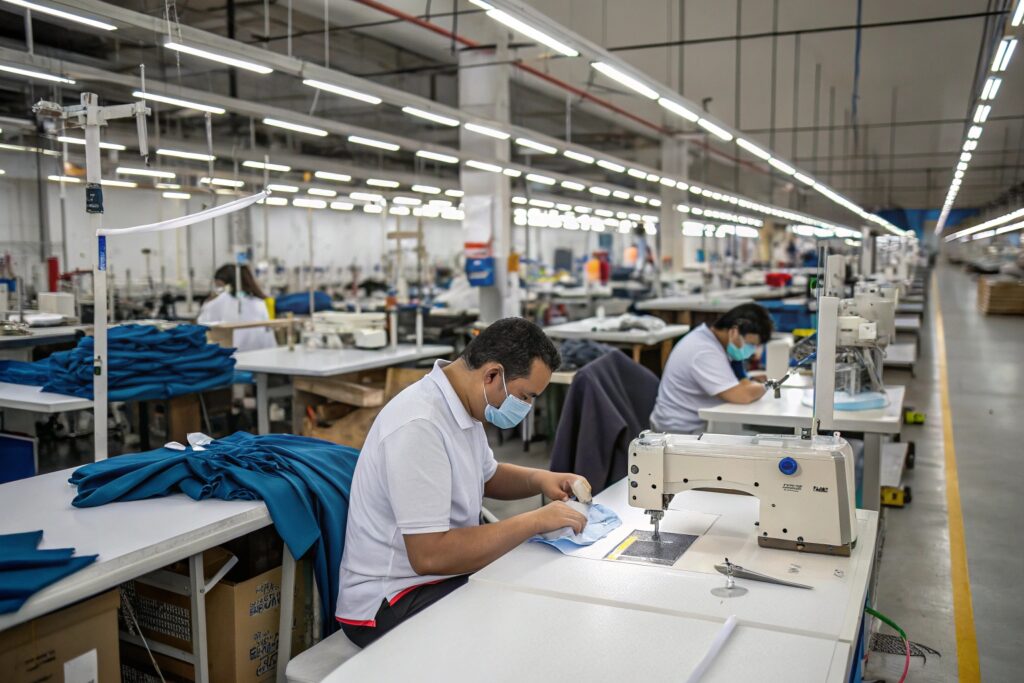
Why they do it:
- Quality control: Every stitch meets brand standards
- Speed to market: No waiting on third parties
- Ethical production: Easier to ensure fair labor
- Brand image: Promotes craftsmanship and transparency
Examples of fully integrated brands:
| Brand | Production Location | Key Features |
|---|---|---|
| American Giant | USA | Owns mills, factories, ships direct |
| Eileen Fisher | USA / Peru | Eco-production, ethical oversight |
| Saint James (France) | France | 100% in-house production |
| Loro Piana | Italy | From sheep to shirt—full verticality |
These brands often cost more—but they offer trust, consistency, and storytelling that resonates with loyal customers.
Is in-house manufacturing better for quality?
This is the heart of the debate: does owning your factory really mean better clothes?
In many cases, yes—brands with in-house manufacturing can deliver higher quality, thanks to better oversight, tighter process control, and consistent training.
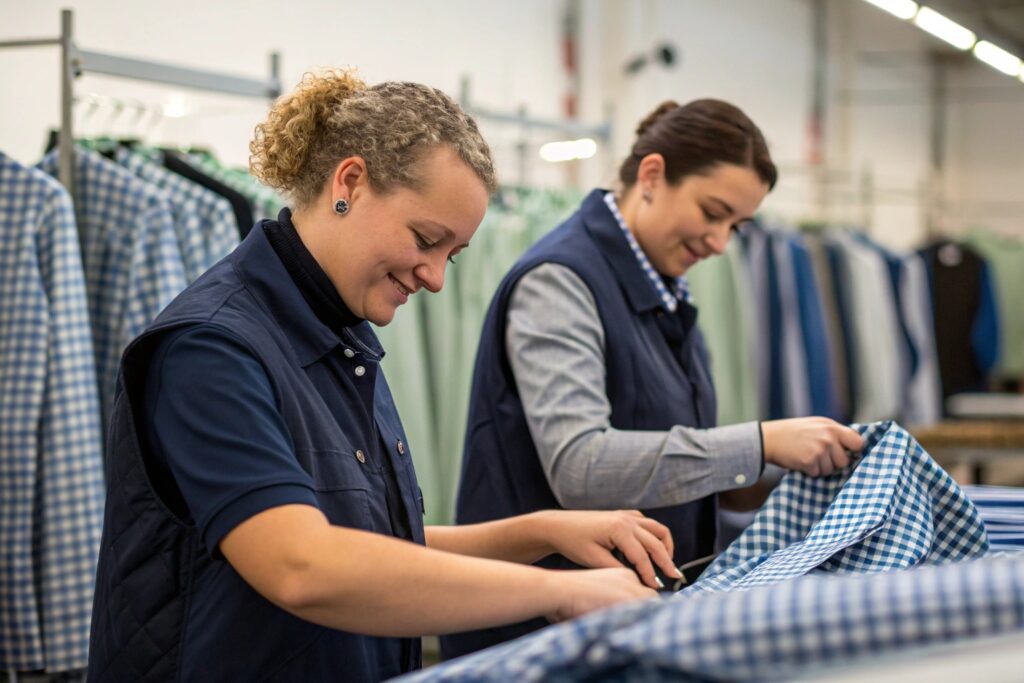
Key quality benefits:
- Real-time correction: Immediate response to stitching or dye issues
- Skilled labor: Often long-term factory employees, not temps
- Tighter tolerances: Precision in sizing and finishing
- Custom capabilities: Easier to handle small runs or innovations
But it’s not always better. Consider this:
| Factor | In-House Model | Outsourced Model |
|---|---|---|
| Cost Control | High fixed costs | Flexible pricing |
| Scalability | Limited by factory | Easier to scale |
| Supplier Risk | Low | Medium to high |
| Speed | Faster for small runs | Better for mass runs |
| QC & Inspection | Easier to monitor | Needs tighter systems |
At Fumao, we run 5 production lines ourselves, and I’ve seen firsthand how owning our workflow helps us ensure high quality and meet client standards—even when the order volume is small.
Why do some brands avoid third-party suppliers?
Even brands with big budgets are walking away from the traditional supplier model. But what’s driving that change?
Some brands avoid third-party suppliers because they want more control, faster delivery, ethical assurance, and long-term supply chain stability.

Major reasons:
- Ethics: Avoid supplier scandals (child labor, unsafe conditions)
- Delays: No more late shipments due to factory scheduling conflicts
- Customization: Easier to make unique fits, dyes, finishes
- Brand Story: Ownership adds credibility in marketing
But challenges exist too:
- Initial investment is high
- Finding skilled local labor is difficult
- Managing compliance becomes the brand’s responsibility
Some hybrid brands (like Allbirds or Reformation) don’t own factories but work with a limited, long-term group of certified partners, gaining more control without owning physical space.
Conclusion
While most clothing brands outsource production, a growing number are investing in their own factories to gain better quality control, reduce delays, and build transparent, ethical supply chains. For those of us in the manufacturing space, that shift brings exciting new partnership models.

